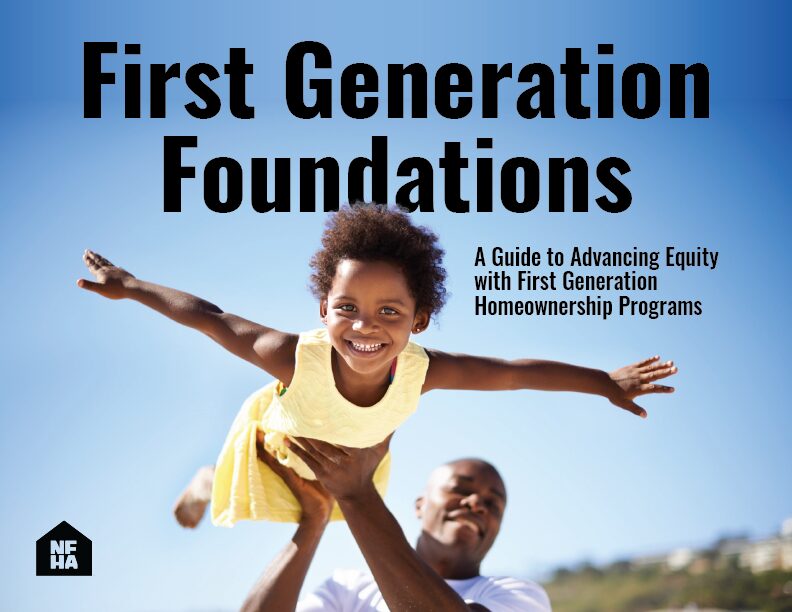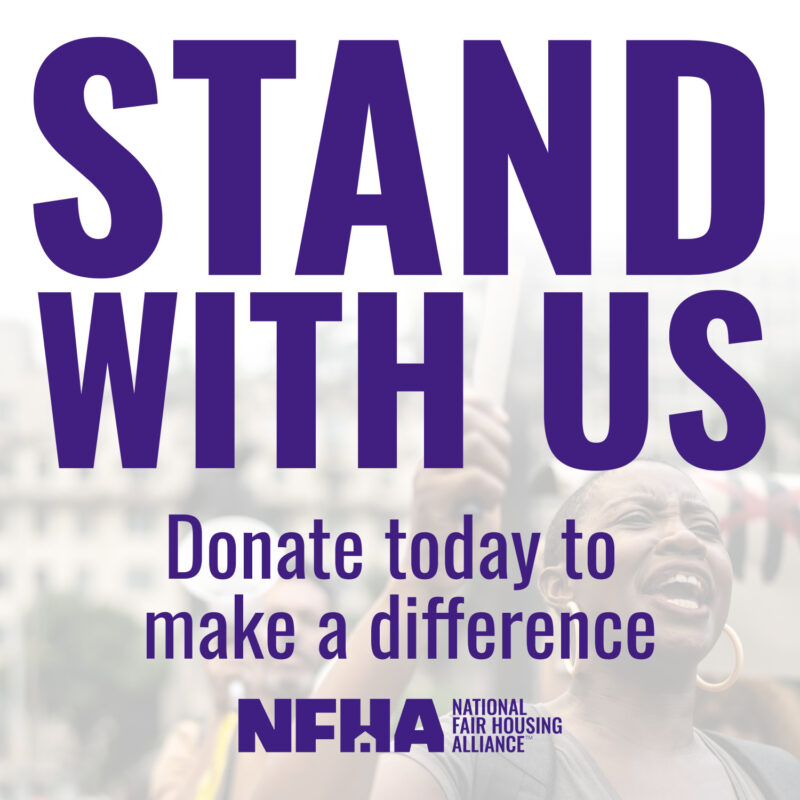Our Work
First Generation Homeownership

Homeownership is the primary way that most families build wealth and achieve economic stability. But buying a home is an expensive proposition, and the upfront costs stand as a significant impediment, especially for those who cannot fall back on their families for help with a down payment and closing costs.
For people of color, homeownership is especially elusive. For decades, federally-sanctioned discrimination in the housing finance system largely denied them access to homeownership and other wealth-building opportunities. As a result of this and other forms of long-standing institutional discrimination, Black and Hispanic families have less wealth and lower homeownership rates, and thus less ability to provide financial assistance to their children.
The numbers tell the story. The homeownership rate for Blacks under age 35 is below 20%—less than half the rate for whites. The gap closes some over the life cycle, but even for those aged 35–54, the Black homeownership rate is just 50% compared to over 70% for whites. Overall, the gap—more precisely, the chasm—today is even higher than it was in 1968 when the Fair Housing Act was enacted.

NFHA has several resources for organizations, institutions and policymakers wanting to learn more about First Generation programs and initiatives:
NFHA Fact Sheet – First Generation Down Payment Assistance vs Homeowner Tax Credit, September 2024
NFHA Fact Sheet – Downpayment Toward Equity Act. July 2024
First Generation Foundations: A Guide to Advancing Equity with First Generation Homeownership Programs. April 2024
